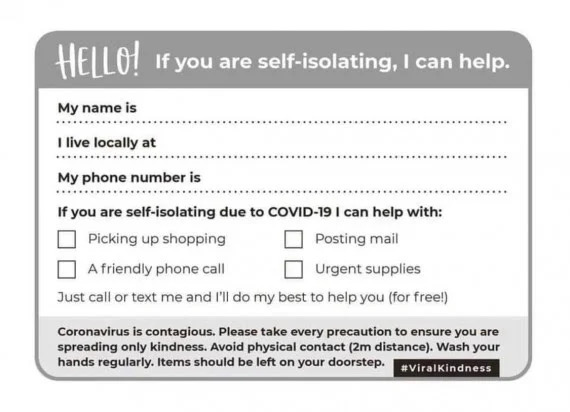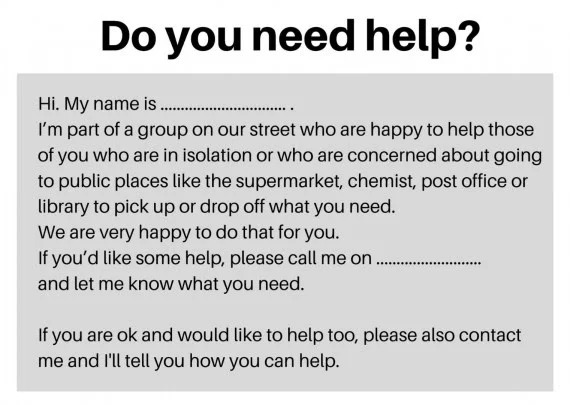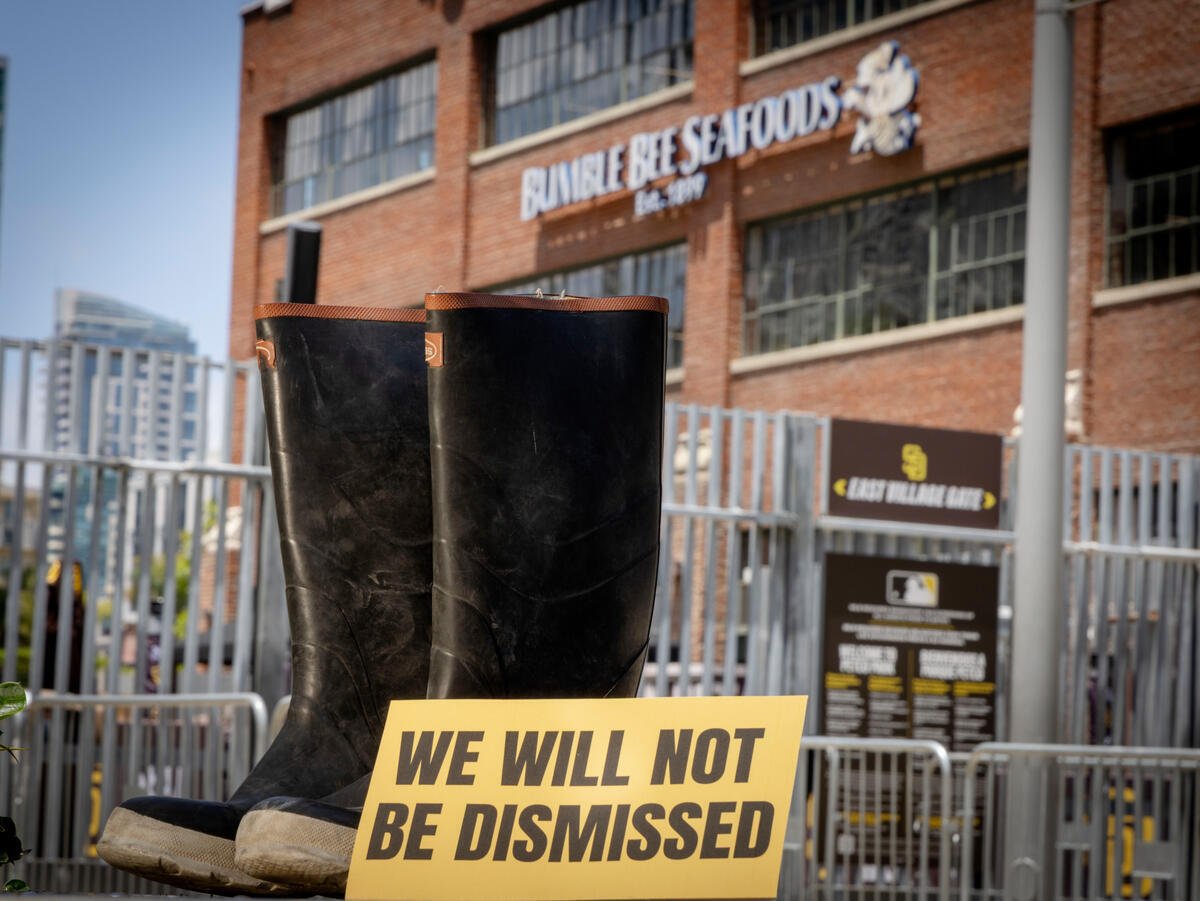
The new coronavirus, COVID-19, has many of us glued to the news, concerned for loved ones, and adapting our lives to deal with the changes the pandemic is having on our homes, schools, and work-places. It’s pretty tough.
A lot of systemic inequality has been exposed as the realities of the pandemic response set in. It’s easier for some people to deal with the crisis than others. So it was great to see the Government step up and deliver a financial assistance package yesterday that had people’s wellbeing at its heart. This is a good first step and we look forward to seeing more support measures rolled out over the coming weeks.
For example, not everyone has paid sick leave and many ‘gig economy’ workers don’t have the option to work from home. Consider that if schools and child care spaces close for extended periods, the burden on working parents (especially low-income, single-parent or single-earner households) without flexible work conditions will be extra heavy. People without adequate homes are particularly vulnerable, as are those who have pre-existing health conditions.
Fear of a recession, along with the impact of the OPEC dispute that has oil prices tumbling, have also sparked calls on governments not to fund a bail out of the fossil fuel industry.
As Dame Anne Salmond points out, the coronavirus pandemic will test our values as a society:
“In New Zealand, will we show aroha, and look out for each other, or will we sacrifice others for personal gain? Will we put the interests of the economy first, or the wider community? Will our leaders rise to the challenge, or play political games?
Over the past few weeks, we’ve seen all of this – panic-buying and hoarding, but also care and compassion, both at home and across the Pacific. We’ve witnessed dedicated leadership, but also petty point-scoring and opportunistic interventions.
On Monday, for instance, the president of Federated Farmers used a national crisis to try and stop long-awaited action to tackle climate change and clean up lakes, streams and rivers from going ahead. This had little to do with Covid-19; indeed, restoring biodiversity and waterways could provide work for people in industries such as tourism and forestry who have lost their jobs.“
Greenpeace, along with many others are calling for any spending to help build a better society, based on better health care, employment standards, social protections and a Green Stimulus Package— in short, a society where we truly take care of one another and the only planet Earth we’ve got. And an economy and society transformed to make us more resilient, driving changes in the ways we live, work and get around that promote positive environmental and health outcomes.
We need systemic solutions to these kinds of protection gaps and problems. In the meantime, we can keep our community connections strong and model the behaviour we want our leaders to adopt and show them that love and compassion are stronger than fear.
Here are eleven ways people are talking about caring for one another while staying safe as our family, friends, colleagues and neighbours navigate COVID-19.
#1) Look after yourself, to look after us all – flatten the curve!
Use simple social distancing tactics like replacing hugs and handshakes with alternatives …

If we all do our best to stop the spread, we can flatten the curve!

#2) Check in on elderly neighbours
Although necessary, social isolation can be lonely.
Text, phone call, email or, if needed, in person (taking the proper safety measures), especially if they live alone.
#3) Reach out to people in self isolation
Send them funny memes or GIFs to cheer them up. Call them. Video chat them. Don’t forget about them. Make sure they feel less alone and have social support. Offer them help. Some communities have started to use these cards to help neighbours who are in self-isolation.
Right click and save these images to print and use:


#4) Volunteer your time.
Know someone in self isolation or who needs to limit their public interactions? Offer to pick up and deliver their shopping, treats or other things they might need, while taking precautions to keep yourself safe. Your time and labour could be a big help to someone needing support.
#5) Counter racist fears and xenophobia
Diseases can make anyone sick regardless of their origin or ethnicity. Yet because the virus originated in China, people of Chinese descent have faced a wave of racism. Help stop the fear and abuse by educating people and correcting racist comments or behaviour when you hear or see them.
#6) Combat misinformation online
Unfortunately, if not unexpected, misinformation on COVID-19 is floating around online. If you see it, report it to your platform and let anyone posting/sharing it know (e.g., via private message or commenting on the post). Get your information from trusted sources like the World Health Organization, New Zealand Ministry for Health, or your doctor/hospital.
#7) A radical idea: rent payment relief for self-isolated people without paid sick leave?
If you’re a landlord and have the extra income, you could consider (as some landlords reportedly have) freezing rent payments and ensuring no evictions occur for any tenants struggling financially due to the pandemic. What do you think?
#7) Fundraise for people financially impacted by quarantine measures
Fundraising platforms like Give A Little can help you organise, but word of mouth, email and text are also tried and true ways to do some grassroots fundraising in support of someone affected by things like missing work, paying for childcare because of school closures, or extra medical costs.
#9) Make social distancing fun with video chat
Social distancing doesn’t mean we can’t feel close to our loved ones. Get creative. Have a video chat to get together and celebrate birthdays or other occasions using everyday tools like Skype, Hangouts or Zoom. Or, synchronise watching your favourite TV show or movie together while chatting via text or video.
#10) Share positive news and acts of kindness with your community
There are so many examples out there of people helping one another. Share those. Talk about those. Together we can prevent getting caught in a bad news hopelessness spiral. Spread the word about how you’re making a difference.
#11) And for cripe’s sake stop buying up all the toilet paper!
Prepare for what your household will need if quarantined, but curb the panic-greed reflex. If we want a better world, we have to learn to keep our community’s needs top of mind and share the simple things (seriously, toilet paper?! Soap is shareable and, erm, Indispensable in a time like this!).
And remember, wash your hands, wash your hands, wash your hands. It protects you and everyone around you. It only takes 20 seconds.
Nick Young is Head of Communications at Greenpeace Aotearoa



